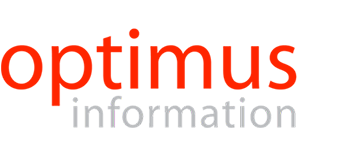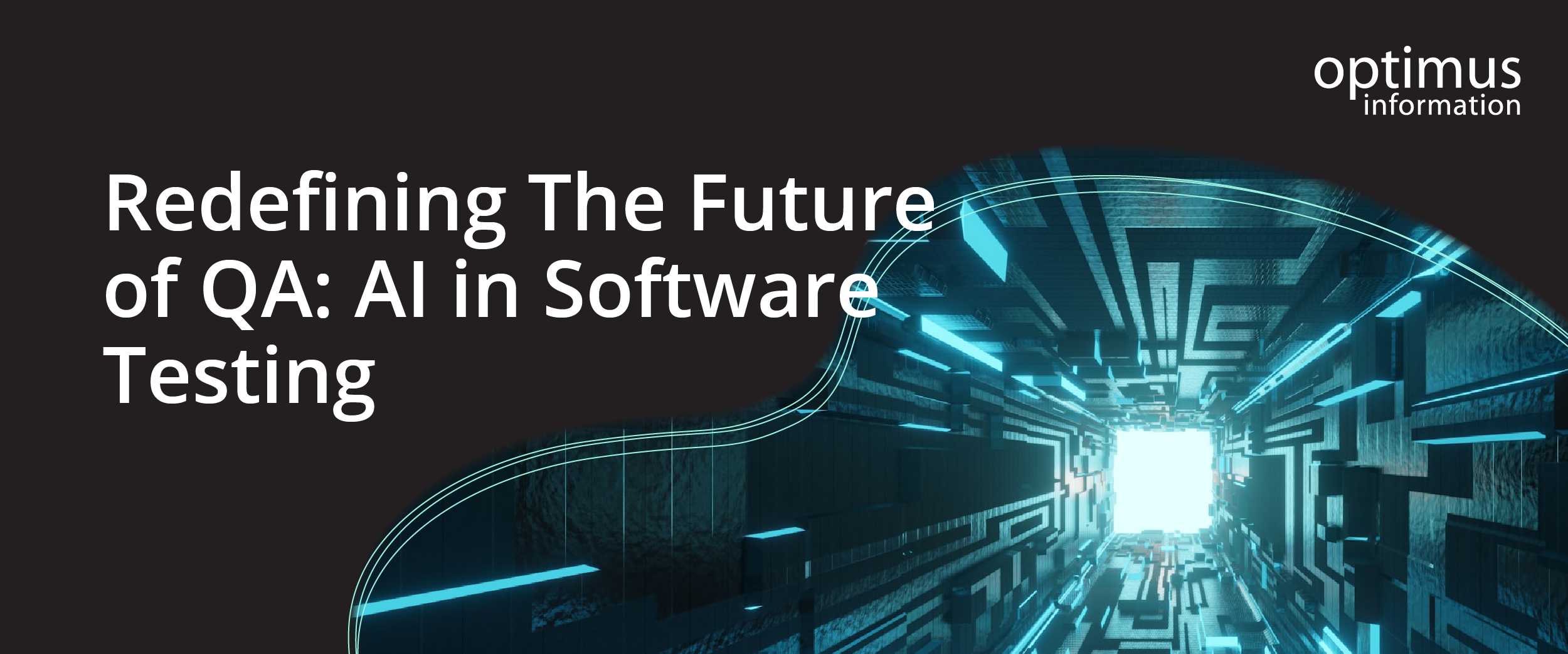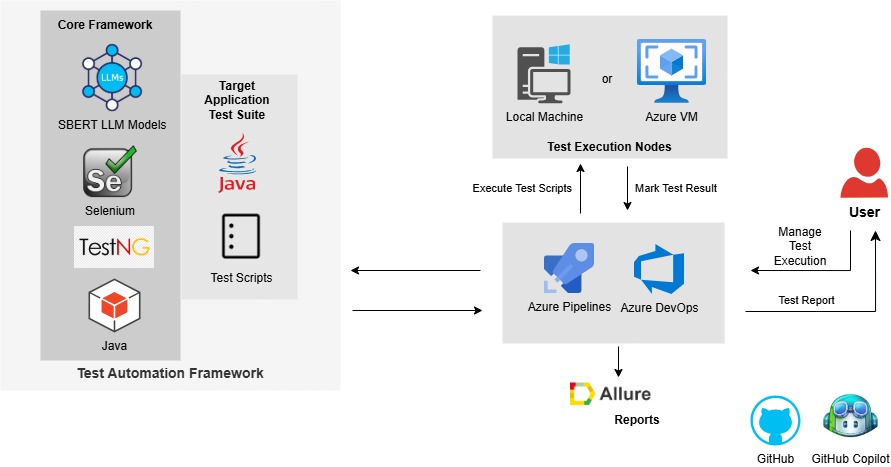NexJ Health is redefining digital health by harnessing the power of Microsoft Azure and Optimus Information. Through cloud migration, AI-powered solutions, and a relentless focus on customer-centric innovation, NexJ Health delivers scalable, secure, and personalized care for polychronic condition management and mental wellbeing. Discover how strategic partnership and advanced technology enabled NexJ Health to overcome operational challenges, accelerate feature delivery, and achieve measurable impact for patients and providers.
Driving Digital Transformation in Healthcare
NexJ Health is leading the way in digital transformation for healthcare, leveraging cloud migration and AI-powered solutions to deliver advanced, customer-centric innovation. Through its NexJ Connected Wellness platform, NexJ Health provides scalable infrastructure and data-driven insights for polychronic condition management and mental wellbeing.
Before migrating to Microsoft Azure, NexJ Health faced challenges with complex deployments, high cloud hosting costs, and the need for robust security and compliance. Their legacy infrastructure limited agility, feature velocity, and the ability to innovate at scale.
“Our platform deployments were long and complex. This, along with high hosting costs, was reducing our ability to quickly deliver features that our clients needed and limited our capacity to evolve our platform to meet future needs and goals.”
— Sabina Girard, Director of Technology and Chief Privacy Officer at NexJ Health
Cloud Migration and Modernization with a Trusted Partner
To accelerate innovation and achieve cost optimization, NexJ Health partnered with Optimus Information Inc., a trusted Microsoft partner, to modernize its infrastructure. By utilizing Microsoft Azure’s cloud-native capabilities and securing Microsoft funding through Azure Migrate and Modernize, NexJ Health rapidly deployed core workloads with strict privacy complianceessential for healthcare organizations.
Azure Migrate and Modernize provided access to Microsoft’s partner ecosystem, expert guidance, and incentives to offset migration costs, ensuring a seamless transition and enhanced governance.
“Our migration was so seamless that customers didn’t notice the change. The Optimus Information team’s support allowed us to confidently and securely migrate our infrastructure with minimal downtime.”
— Sabina Girard, Director of Technology and Chief Privacy Officer at NexJ Health
AI-Powered, Secure, and Scalable Solutions
Key Azure technologies integrated into NexJ Health’s platform include:
- Azure AI Foundry: Enables personalized experiences and automation, supporting extensible agentic AI capabilities while keeping human coaches in the loop.
- Power BI and Microsoft Fabric: Deliver advanced analytics, actionable insights, and improve program effectiveness.
- Azure Kubernetes Service (AKS): Supports containerized deployments, autoscaling, and performance optimization.
- Microsoft Defender for Cloud: Enhances security posture and ensures compliance for sensitive healthcare data.
- Azure Landing Zones: Designed for scalability, governance, and future-ready performance.
Measurable Impact and ROI
The transformation delivered significant business impact:
- 35% reduction in hosting costs through cost optimization and autoscaling in Azure Kubernetes Service.
- 25% faster deployment cycles, increasing feature velocity and agility.
- 100% uptime in the U.S. instance throughout 2024, driving customer satisfaction.
- Improved employee productivity, allowing technical staff to focus on innovation instead of infrastructure maintenance.
- Enhanced customer experiences with reliable, scalable, and personalized health coaching.
NexJ Health’s customers now benefit from a stable, responsive, and cost-effective platform that adapts to individual needs while maintaining the vital human connection.
Future Ready Innovation
NexJ Health is accelerating its AI vision with a future-ready, extensible agentic AI platform that personalizes care and automates tasks, powered by Azure AI Foundry, GPT-4.1, and Azure OpenAI. By leveraging Microsoft’s ongoing innovations in AI models, tools, and trust, NexJ Health is positioned to drive digital transformation and innovation at scale.
“Using Microsoft Azure strengthens every aspect of our work. It helps us innovate faster, deliver better outcomes, and expand access to advanced healthcare.”
— Sabina Girard, Director of Technology and Chief Privacy Officer at NexJ Health
Looking ahead, NexJ Health will continue to leverage Azure Migrate and Modernize and Azure Innovate to enhance agility, accelerate innovation, and deliver industry-leading solutions.
Learn More:



